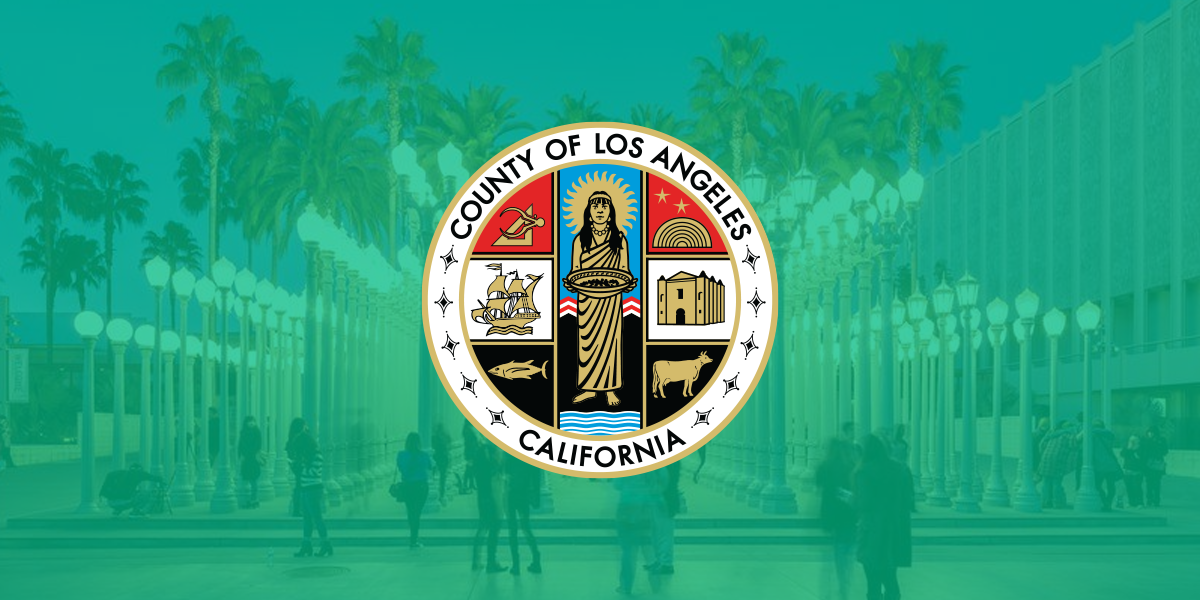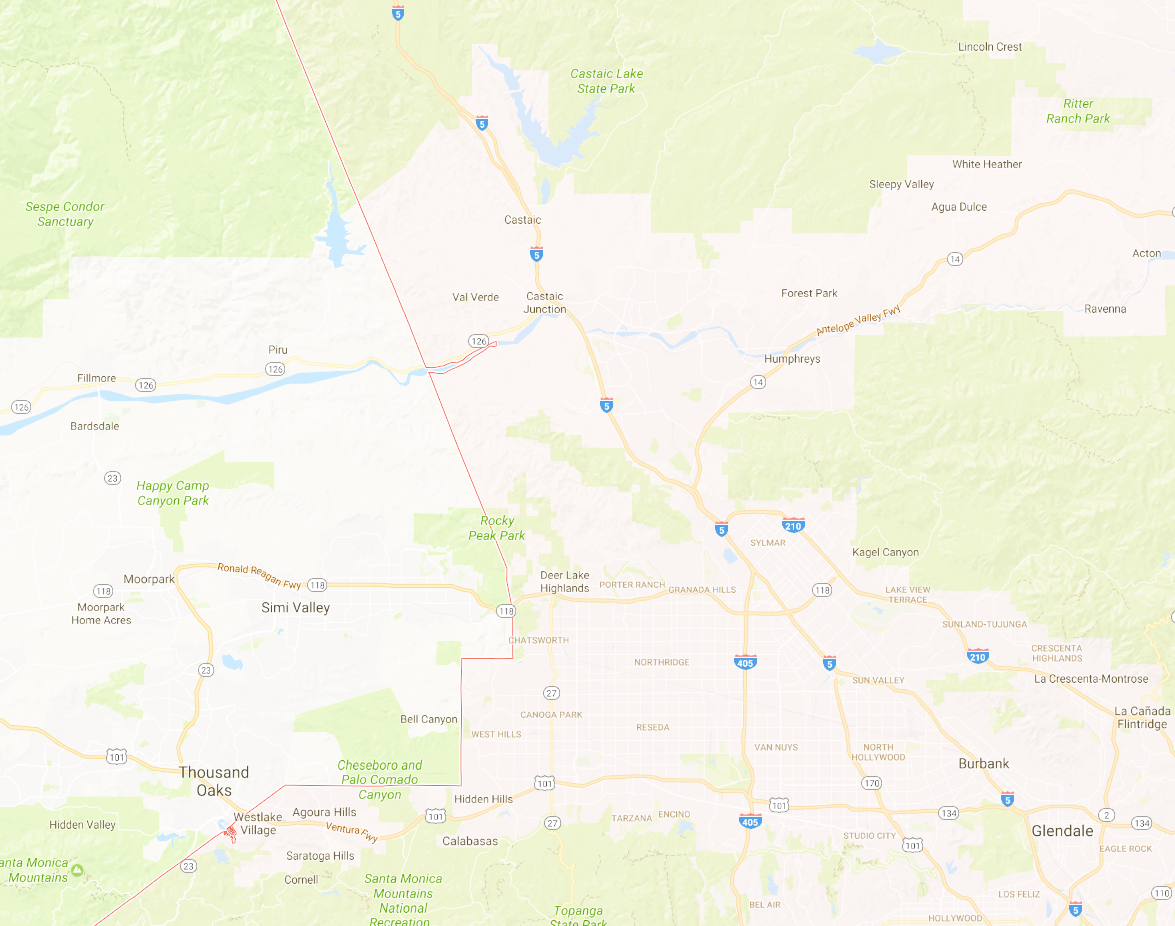Gr Los Angeles County
- Los Angeles County Offices Location
- Los Angeles County
- Los Angeles County Gr Application
- Usps Los Angeles Main Office
LOS ANGELES COUNTY DEPARTMENT OF PUBLIC SOCIAL SERVICES GR-20 (rev.07/2017) 1 of 4 GENERAL RELIEF (GR) APPLICATION PURPOSE OF THIS FORM: By filling out this form, you will apply for General Relief (GR) from the Department of. DPSS is the second largest County department in Los Angeles and the largest welfare agency in the United States. DPSS serves a County of more than 10 million residents, larger in population than 42 states; an area of 4,100 square miles, encompassing 88 cities; and the needs of an ethnically and culturally diverse community. Public Services & Government in Los Angeles, CA.
All foster parents and relative caregivers must complete the Resource Family Approval (RFA) process. Once this process is completed, you are approved by Los Angeles County to care for children in need of a temporary or permanent family.
After you complete the RFA process, a child may be placed in your home within a matter of days, weeks, or months. In some instances, a child may be placed with you prior to being approved as a resource family. Learn more about Emergency Placements.
There are many things you will need to be aware of to offer a stable and supportive environment for the child. You will also have access to many resources to help support you as you undertake this rewarding task.
Some things to consider:
Birth parents continue to hold parental rights.
Los Angeles County Offices Location
Even while a child is under DCFS custody and their case is open, parents of the child continue to hold their child’s education and medical rights.

Parental rights may only be limited or terminated if: 1) The child is in a legal guardianship, 2) The child has been freed for adoption (parental rights have been terminated), or 3) the juvenile court has explicitly restricted parental rights, at which point a surrogate will be appointed
DCFS’s first goal is the reunification of the family unit.
Studies have shown that family reunification is often the best outcome for the child’s development and well-being. In most cases, children who are removed from their homes are able to reunite with their parents once stability is restored in their home.
Whenever possible, children removed from their parents will be placed with a relative.
Los Angeles County
If a relative is not able to care for the child, they may also stay with a close family friend (known as a non-related extended family member, or “NREFM”). Learn more about relative caregiving.
Over the course of a child’s case with DCFS, their parents have the right to visit and see their child while they are working to resolve their case unless otherwise ordered by the court. In many situations, the court may decide where and when parents and children are able to visit with one another.
The child in your care must be able to make these visits with their parents. Scheduling can be complicated, but it is important to work with the county social worker to ensure that parents have access to their children as much as is permitted.
When a child enters foster care, their case is overseen by the juvenile court, also known as the children’s court or dependency court. The child will be assigned an attorney, called the “minor’s attorney,” and a primary caseworker, also called a social worker.
You will need to understand how the court process works to support the child while they are in your care. Here are some things to keep in mind:
- The child in your care must be present at their initial hearing and subsequent court dates. Talk to the county social worker if you need help arranging transportation or learn more about our transportation policies.
You are not required to attend court hearings unless you are asked to attend by the attorney, social worker or probation officer. However, it may be useful so you can stay informed about the child’s case and offer emotional support for the child.
- In juvenile court, the attorney represents the child. Relatives and caregivers are not represented in the dependency court process. However, you may share information about the child with the court and attorneys.

If you are a resource parent or relative caregiver and you wish to share information with the court, you can complete the Caregiver Information Form (JV-290)/Información del cuidador (JV-290S) and submit it directly to the court, to the child’s attorney, or to the child’s social worker. If you wish to keep your contact information confidential, complete the Confidential Information Form (JV-287).
Relatives may also share information with the court by completing the Relative Information Form (JV-285)/Información del pariente (JV-285S).
Los Angeles County Gr Application
California Foster Youth Bill of Rights
The California Foster Youth Bill of Rights was written by the California Youth Connection, a statewide organization of youth in the foster care system. It outlines the personal rights and protections for individuals who are in out–of–home care. As a young person in foster care, you have:
- The right to be treated with respect.
- The right to adequate living conditions.
- The right to adequate voluntary medical, dental, and psychiatric care.
- The right to fair treatment in administering rewards and punishments.
- The right to contact with family members, COUNTY social workers, attorneys, Court Appointed Special Advocates and other designated adult supporters.
- The right to education and community involvement.
- The right to work and develop job skills.
- The right to social contacts.
- The right to adequate clothing.
- The right to a reasonable allowance.
The 10 rights above cover so many areas of your everyday life. Download and print this poster for easy reference.
Los Angeles County Foster Youth Bill of Rights
As the largest child welfare system in the country, the Los Angeles County Board of Supervisors recognized that it should create its own Foster Youth Bill of Rights and Services to ensure that youth in the foster care system are provided every reasonable resource to facilitate their development as “healthy, educated, and self-sufficient” young adults.
The Los Angeles County Foster Youth Bill of Rights and Services is under development and is projected to be completed early in 2019. It will provide necessary information about services, programs, and legislative mandates to youth and resource families in Los Angeles County.
Usps Los Angeles Main Office
Unless the court determines otherwise, parents maintain rights over their child’s educational decisions, even while they are living with a foster family or relative. As their caregiver, you play a crucial role in supporting the educational success of the youth in your care. It is important for foster parents and relative caregivers to maintain contact with the school and the education rights holder if appropriate to support the youth’s educational needs.
If you feel a youth’s education rights holder is not meeting the youth’s needs, reach out to the child’s social worker.
Foster Youth Education Rights include:
- A stable schooling placement that is the least restrictive for them.
- Access to academic resources, services, extracurricular, cultural, and enrichment activities.
- Opportunity to attend school regularly with minimal disruption.
- Enrollment at their school-of-origin following a change in their residence if you so choose.
- Enrollment in a school with their peers.
Social workers and educational providers are required to ensure that the child in your care feels safe, comfortable, and is successful in their academic pursuits. Foster youth have the right to the same educational opportunities as all students, consistent with their age and developmental level.
Furthermore, foster youth have the right to “immediate enrollment” should they move schools. A new school must “immediately” enroll a foster youth even if the youth has outstanding fees, fines, textbooks, or other items due to the school last attended or is unable to produce records or clothing normally required for enrollment, such as previous academic records, medical records, immunization records, proof of residency, other documentation, or school uniforms.
Transportation
Foster youth rely on their caregivers to get them safely to school. To assist in this effort and the financial costs associated with transporting foster youth to school, the School Stability Transportation Pilot program was created. Under this pilot program:
- you can transport the child and receive an Education Travel Reimbursement;
- the child can be issued a bus pass or tap card, if appropriate;
- A child-friendly transportation services may be used, if appropriate;
- or, the child’s school district-of-origin can provide transportation through existing school bus routes.
Talk to your social worker about making school transportation arrangements, and ask about the School Stability Transportation Pilot for more information.
Children with DCFS cases are automatically enrolled in Medi-Cal. As a resource parent, it is your responsibility to make sure the child in your care sees their doctor for any necessary check-ups, vaccinations, or other required health monitoring. For information about their medical history and necessary doctor visits, contact the child’s social worker.